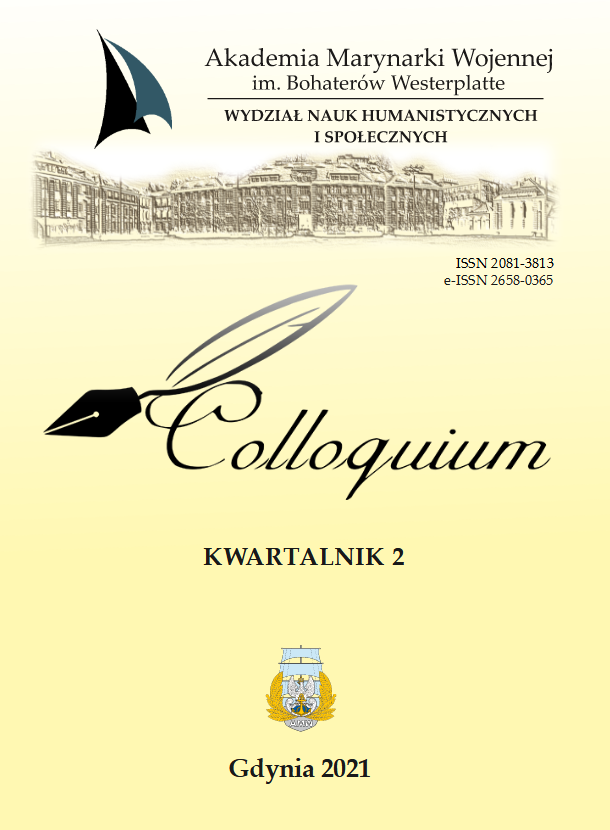THE IMPORTANCE OF IMMIGRANTS FOR THE ECONOMY OF THE FEDERAL REPUBLIC OF GERMANY
DOI:
https://doi.org/10.34813/20coll2021Keywords:
the Federal Republic of Germany, foreigners, guest workers, migrants, integration, fiscal costs of immigration, economic growth of GermanyAbstract
The question of foreigners in Germany, and primarily – the problem of a decreasing number of Germans in Germany – are hardly to be solved in the nearest future. They are rooted in the 1960s, when the so-called ‘Gastarbeiters’ (guest workers) were invited to come to Germany. It is they who contributed to that the country enjoyed a real economic boom. Still, the influx of foreign workforce resulted in a change in the social and religious structures of the state, bringing consequences that are clearly visible today – 25% of the inhabitants of the FRG are of foreign origin, which naturally must lead to asking questions about naturalization and who can be considered German. Endeavouring to maintain the economic potential of the FRG, at least on an unchanged level, the government must secure a continuous inflow of workforce, which is expected to yield positive economic impulses. This process is connected with an influx of immigrants who – to a considerable extent – become a burden to the system of social welfare of the state. However, in many cases, return on investment in immigrants comes after 5-10 years, even if only in the form of self-financing thanks to additional revenues form VAT (individual consumption) and social insurance contributions. Still, a condition behind beneficial impacting of foreign workforce on economy is a relatively quick integration of immigrants in the labor market.
Downloads
Published
Issue
Section
License
Copyright (c) 2021 Małgorzata Świder

This work is licensed under a Creative Commons Attribution-NonCommercial-NoDerivatives 4.0 International License.






